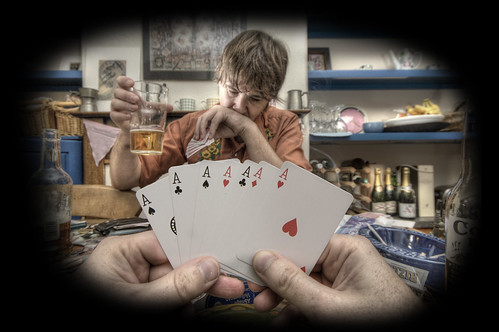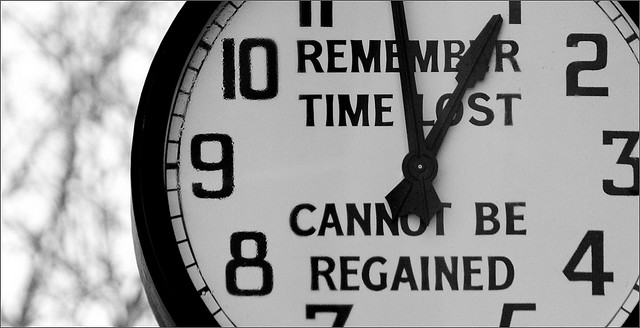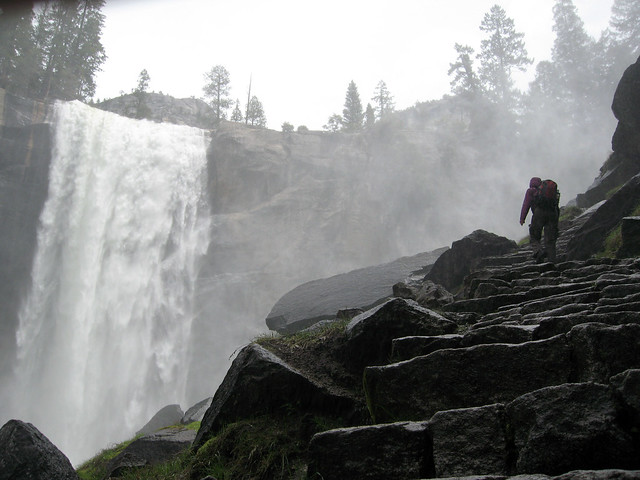
I write a lot about the things I know on this blog. For once I want to switch things up a little and talk about those things I don’t know.
I’d hate to admit it, but that’s a lot. Even though one of my long-term goals is to learn everything, there is still a lot out there that I just have to shrug my shoulders and say, “I don’t know it”.
Yet I don’t consider that a bad thing. Just because you don’t know something doesn’t make you stupid. It just means you haven’t learned about it yet.
Plus being able to say “I don’t know” can be a wise and powerful phrase.
The Beginning of Wisdom
As you can see from the title of this post, the beginning of wisdom starts by saying “I don’t know”. It’s fun and catchy and I’d like to take credit for it, but I can’t.
I have to display my nerd-cred with this reference. The phrase comes from an old episode of Star Trek: the Next Generation.
Here’s a 40 second clip of the scene:
In the clip, the crew encounters a strange phenomenon in space (isn’t that every episode?). Data is completely unsure about what he’s looking at and is told his evaluation of the thing is unscientific.
In response, he says:
“The most elementary and valuable statement in science, the beginning of wisdom is ‘I do not know’. I do not know what that is.”
“the beginning of wisdom is I don’t know”. It’s so simple, but at the same time so true.
Many people would see this phrase as a sign of weakness. We all like to think we’re knowledgeable about things even if we’re not entirely sure.
This is something I think we develop at an early age in school.
I remember a time when a teacher asked for my opinion on a topic I didn’t know very well. When I said that I didn’t know enough to give an opinion, she told me to just say what I thought anyway.
It was an uninformed opinion which is the worst kind you can have.
What You Think You Know
My opinion was uninformed because I didn’t know all the facts. I wasn’t going off information, I was going off guesses.
When you don’t know something all you can do is make assumptions and jump to conclusions.
That’s not a smart way to do things.
Smart people don’t jump to conclusions before all the facts are in. They don’t pretend to know something when they really don’t.
A smart person will wait until they get all the information, context and perspectives before drawing a conclusion. It means looking at all the evidence so you can find the real truth.
Guessing ignores that. It means coming up with a conclusion and later finding evidence to support it.
Read this example:
Alice is a driver waiting at an intersection. As the light turns green, her car inches forward when suddenly another car runs a red light and cuts her off and speeds away.
What do you think of the other driver?
If Alice said the other driver was reckless, unskilled or even an idiot, would you agree with her?
What if I told you the other driver was on his way to the hospital. He’s hurrying to get his dad to the emergency room after a massive heart-attack; it is life or death.
We don’t know. And we shouldn’t pretend to know.
Don’t Jump to Conclusions
It’s easy to think we know something before we have all the facts in. It’s a trap we all have to recognize and avoid.
If we’re not on the lookout for it, we might jump to conclusions without fully thinking things through. We might just think we know.
How many times have we stopped ourselves from trying something because we “know” it won’t work?
How often do we make bad decisions based on faulty or misinformed information?
When I was young, there were a lot of girls I never asked out because I “knew” they wouldn’t go out with me.
There were a lot of opportunities I never took because I “knew” they wouldn’t work.
I don’t know.
What I do know is that we shouldn’t be afraid of saying “I don’t know”.
It’s the starting point for collecting information and perspectives before weighing everything as best as possible. By admitting it, you’re opening yourself up to new information, ways of thinking and ideas.
There’s nothing stupid about that.
It’s stupid if you pretend to know and close yourself off to new information. You won’t think things through with all the facts; it’s a handicap.
If you can admit you don’t know, you’ll open yourself up to more information. You’ll make better, more well-informed decisions. It will make you see a world of possibilities rather than a world where you jump to the first conclusion.
Data had it right: the beginning of wisdom starts by saying “I don’t know”.
photo credit: Marc Eliot


 We’ve all heard that life is short. There’s just
We’ve all heard that life is short. There’s just 


